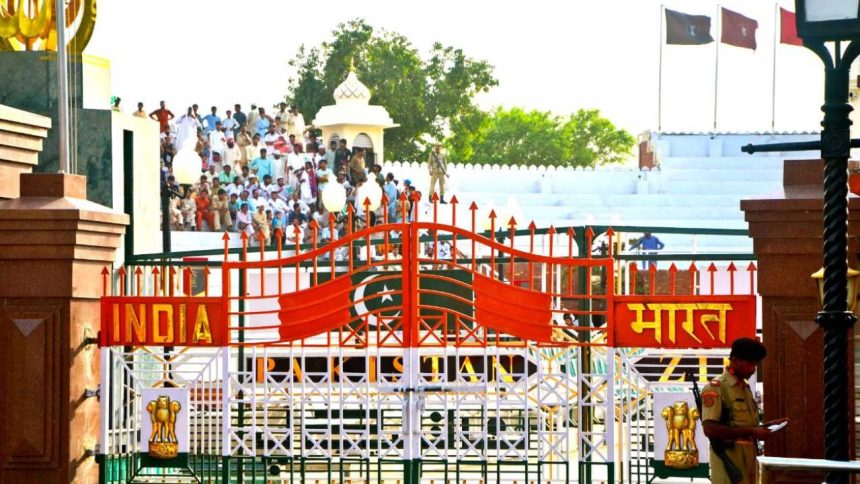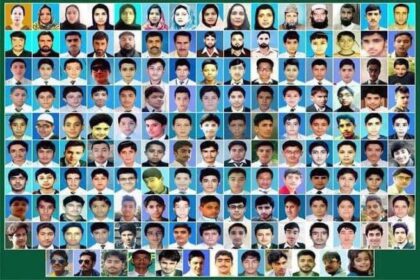Prime Minister Shehbaz Sharif recently extended an invitation to his Indian counterpart Narendra Modi, requesting his presence in Islamabad for the upcoming Shanghai Cooperation Organization (SCO) summit, scheduled for October.
Pakistan has extended such an invitation to the Indian premier for the first time in almost eight years. Political commentators and analysts view the development as a rare opportunity for the two countries to engage in talks, even if they are not bilateral. Narendra Modi was last extended a similar invitation for the South Asian Association for Regional Cooperation (SAARC) summit back in 2016.
India had then boycotted the SAARC meeting, as a result of which the regional organization sat dormant. Even this time, it is uncertain whether Narendra Modi would attend the summit in person, given the current state of relations between Pakistan and India. However, diplomatic circles suggest that the Indian prime minister might decide to participate virtually.
This virtual meeting would allow Narendra Modi to engage with other regional leaders without the diplomatic complexities of a physical visit to Pakistan. He might also designate a ministerial-level person to attend the meeting in his place, ensuring India’s presence.
Rare opportunity, slim chances
The invitation comes at a time when regional cooperation forums like the organization are among few platforms where Pakistan and India still interact, and such meetings have occasionally prepared the ground for dialogues between them. Since Pakistan is hosting the summit this year, it wants to capitalize on this rare diplomatic opportunity to normalize relations with India, for which Islamabad has requested Narendra Modi’s presence.
For that reason, analysts in Pakistan believe that Shehbaz Sharif’s government can potentially score an important foreign policy victory by engaging with India. However, a tango cannot be a solo act, so both sides would be required to cooperate and show willingness to break the ice.
This is possible but highly unlikely, especially because of the ‘deep-seated’ mistrust and unresolved issues between the two countries. It may be recalled that their relationship got complicated beyond repair when India revoked the special status of Occupied Jammu Kashmir.
The gravity of the situation can be gauged by the fact that while flying over Pakistan’s airspace a few days ago on his way back from Poland, Narendra Modi bypassed a long-standing tradition of conveying a goodwill message. Although it wasn’t obligatory, critics believe that the tradition should have continued.
It is pertinent to mention here that the last major interaction between Pakistan and India under the organization’s umbrella was in May 2023, when Pakistan’s then foreign affairs minister Bilawal Bhutto visited Goa for the SCO Foreign Ministers’ meeting.
Notably, India had extended an invitation to Shehbaz Sharif for the summit in New Delhi earlier this year, but decided to host the event virtually, citing tensions with China and Pakistan as the reasons for the sudden change.
Geopolitical tightrope
Established in 2001, the group serves as a crucial Eurasian political, economic, and security alliance that plays a pivotal role in addressing regional security concerns, including terrorism, extremism, and separatism. Over the years, its membership has been extended to include Pakistan, India and most recently, Iran, with Afghanistan, Belarus, and Mongolia as observers.
Moreover, the alliance conducts joint military exercises and facilitates intelligence sharing among member states. Economically, the group promotes cooperation through initiatives like China’s Belt and Road Initiative (BRI), although India has consistently refrained from endorsing projects launched under the vision, citing concerns over sovereignty and Chinese influence.
While the organization offers a platform for cooperation with Central Asian countries, India remains wary of China’s dominance within the group. This belief was evident during the last summit hosted by India in July 2023, where India resisted endorsing a long-term economic strategy proposed by the bloc, viewing it as favoring Chinese interests.
Speculations and prospects
Interestingly, after the news of the invitation broke, various Indian media outlets quickly ran stories “explaining” why Narendra Modi may not attend. However, skipping the summit entirely may not be a straightforward decision for the Indian prime minister, considering the presence of influential countries like China and Russia within the organization.
Narendra Modi’s participation would demonstrate India’s ‘commitment’ to regional cooperation and engagements with powers like China and Russia, reinforcing its position as a ‘key player’ in Eurasian geopolitics. It would also allow India to advocate for its ‘strategic interests’ and simultaneously reinforce its position as a ‘responsible regional power’ committed to addressing security concerns through multilateral channels.
Looking from a different lens, even minimal engagement between Pakistan and India would contribute to a reduction in tensions. It might not lead to a breakthrough, but it would certainly open the door to confidence-building measures, which are essential for regional stability.
Pakistan, on the other hand, would hope that this engagement develops into a dialogue that opens avenues for economic cooperation. This would also lay the groundwork for a gradual thawing of relations.













